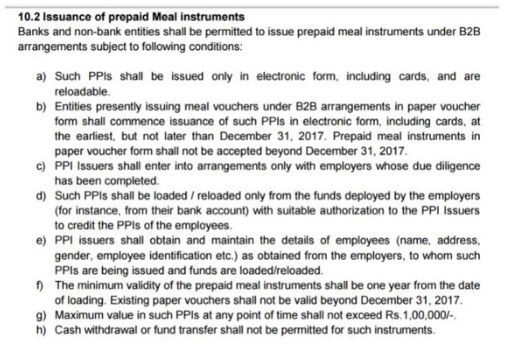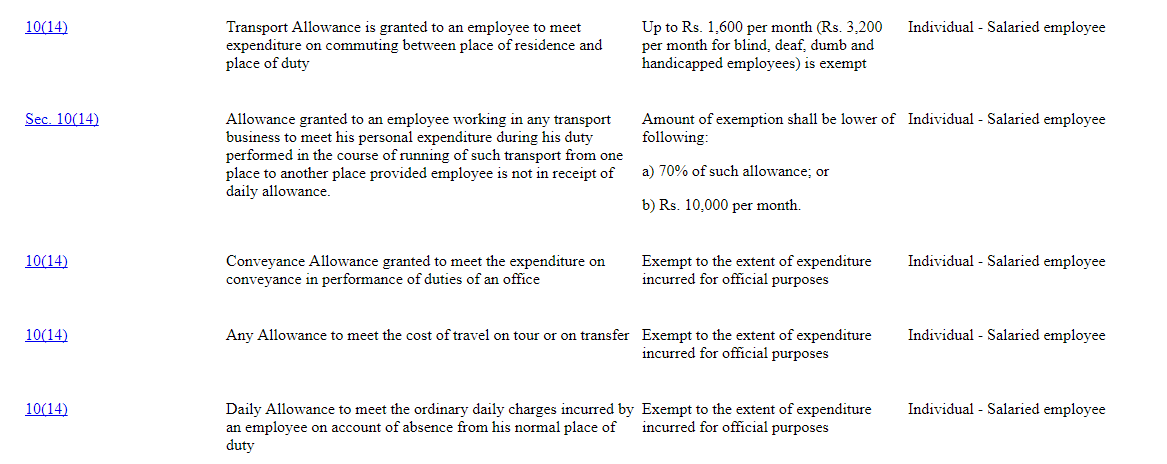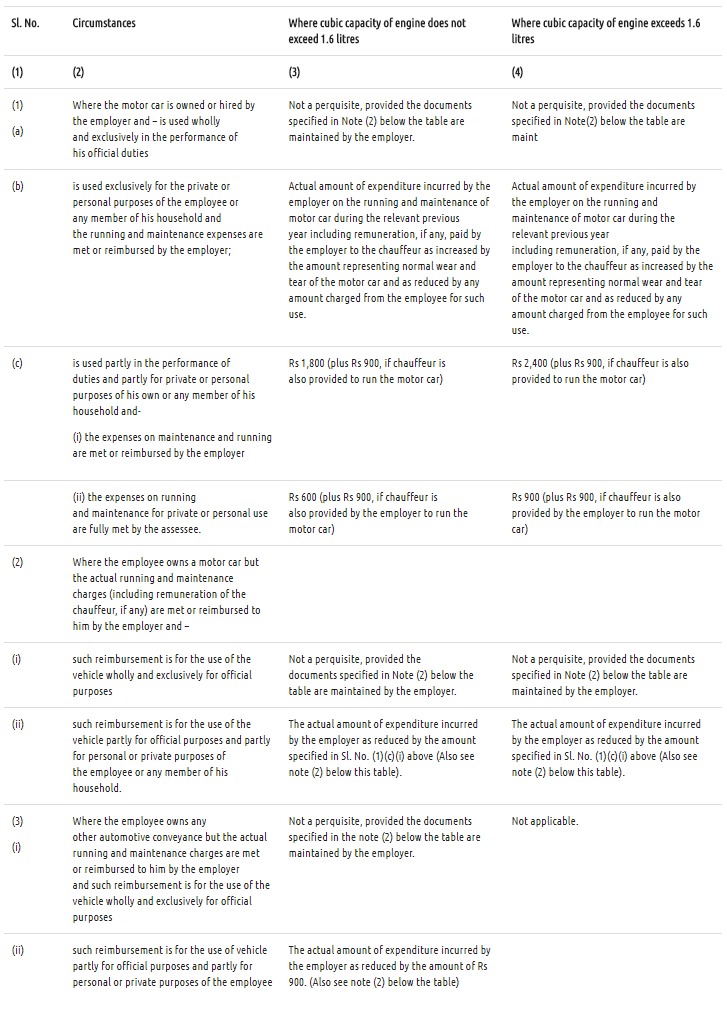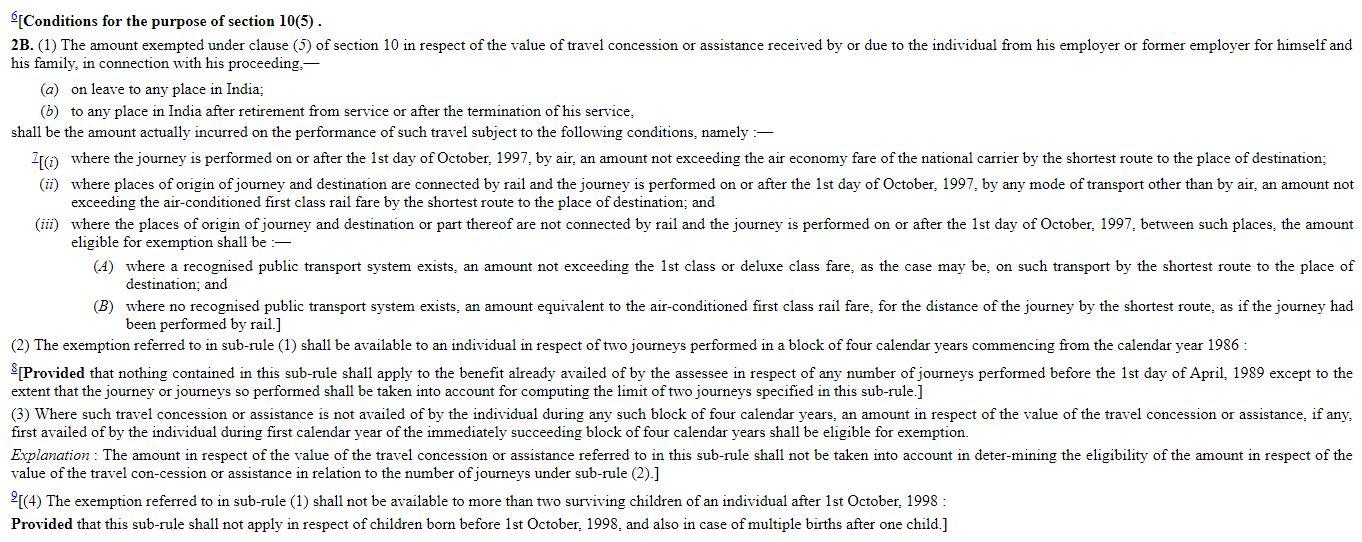- Created by user-8f2bd, last modified on Jul 24, 2018
Overview
Zeta Optima provides a one-stop solution to administer various employee payroll allowances and reimbursements programs under one platform. It has a suite of products that help to manage various employee payroll benefits. The Optima platform is fully compliant with RBI, Income Tax, and Information Technology regulations.
Let us now examine some of the vital guidelines that we must abide by:
| Regulatory Body | Description |
|---|---|
| Reserve Bank Of India (RBI) | The issuance of any form of paid vouchers in the entire country is governed by the guidelines set by RBI. |
| Income tax (IT) | Income Tax rules govern the paid vouchers that are issued by financial institutions. IT guidelines dictate terms of the eligibility of the usage of paid vouchers under various Sections. |
| Information Technology | The Information Technology act mentions that any organization which deals with the sensitive personal data of customers, has to follow proper procedures to ensure the security parameters. Organization will be liable to pay for the damages incurred in case of violation of the IT act. |
RBI Update
For Employee: As per the new RBI mandate, it is mandatory to update your identity details before February 28th, 2018 to continue receiving tax benefits on Zeta. Click here to know the steps to update identity details.
For Employer: You have to validate any government issued valid ID of all employees receiving benefits from January 1st, 2018 and update the order file format for all PPIs to include the PAN/Aadhaar details of each employee.
Meal Card Compliance
Zeta Meal Vouchers are semi-closed, reloadable, co-branded prepaid payment instruments (PPIs) issued by financial institutions and marketed & distributed by Better World Technology Pvt. Ltd (BWTPL). Let us now examine the Meal Card with respect to it's compliance with government regulations.
RBI Guidelines
The following are extracts from the RBI's Draft Master Direction:
- RBI says ''No Paper Meal Vouchers''.
- PPI instruments are issued by banks, which are approved by RBI.
- Prepaid Instruments (PPI) in paper voucher form shall not be accepted beyond December 31, 2017.
- The maximum value in such PPIs, at any point of time, shall not exceed Rs. 1,00,000/-.
- The minimum validity of the PPI will be one year from the date of loading.
RBI Draft Master Direction

Income Tax Act
Section 3(7)(iii) of the Income Tax Rules states:
- Meal vouchers are non-transferable.
- Meal vouchers should be used only at eateries.
- Meal vouchers cannot exceed the limit of Rs. 50 per meal. The progressive monthly value of meal vouchers is governed by the company.
Section 3(7)(iii)

Where does Zeta stand?
The below comparison table summarizes how the Zeta Meal Vouchers are the only 100% digital compliant solution, under the RBI guidelines and Income tax rules.
| Paper Vouchers | Meal Cards | Zeta Meal Voucher | |
|---|---|---|---|
RBI Compliant Income Tax Compliant Tax-Benefits to Employees | X √ √ | √ X X | √ √ √ |
Bank issued meal cards which are in the form of Debit / Pre-Paid card does not meet the definition of a voucher, as it is not a voucher.
Communication Card Compliance
This benefit is extended by employers to employees for expenses related to telephone, mobile phone and internet bills. These are the following requirement to avail tax benefit on communication expense:
- The phone / internet connection should be in the employee’s name.
- Employee must submit the bills as an evidence of their spending to claim reimbursement.
Let us now examine the Communication Card with respect to it's compliance with Government regulations.
Income Tax Act
Section 3(7)(ix) of Income Tax rules states:
- Communication expenses incurred by an employee as part of work are reimbursable. They are non-taxable in the hands of the employee.
- The rule includes both land line, mobile connections, and internet connection. Data card connections are also included as data card is nothing but a SIM card.
- The Income Tax act does not specify the maximum number of connections allowed for reimbursements and tax exemption.
- The connection has to be in the name of the employee.
- Expenses incurred towards both pre-paid and post-paid mobile connections are non-taxable.
Section 3(7)(ix)

Information Technology Act (For Scanned Communication Bills)
The Information Technology Act, 2000 states:
An electronic record can be authenticated by affixing the digital signature.
Electronic records can be used wherever a document is required.
If any information is to be retained for any specific period then such information must be accessible for subsequent reference.
An electronic record will be attributed to the person who sent it.
To view the Information Technology Act, 2000 click here. (Refer Page 4, 5, 6)
Where does Zeta stand?
At Zeta, bill upload and approval is done electronically complying with the IT Act, 2000. All bill uploads, approvals, reimbursements and debits are digitally signed as per the regulations of the Information Technology Act. All bills are processed keeping highest process standards - ISO 27001:2013 process certified.
At Zeta, the scanned Communication bills are preserved in original format as uploaded by the employees. We do not modify these bills. These bills are tax saving documents which are stored permanently on Zeta servers and can be produced as originally uploaded.
Fuel & Travel Card Compliance
The Optima Fuel & Travel Card is a digital card designed to help corporates to manage fuel and conveyance expenses program. Let us now examine the Fuel & Travel Card with respect to it's compliance with Government regulations.
Income Tax Act
Section 10(14) and Rule 2BB of Income Tax Rules states:
Fuel & Travel allowance is offered to employees of a company to compensate for their travel between residence and place of work up to Rs. 1,600 per month (Rs. 3,200 per month for blind, deaf, dumb and handicapped employees) and is tax exempted.
Fuel & Travel allowance is offered to employees over and above their basic salary component.
It is paid by an employer only if the there is no transportation provided by the employer. In case an employer offers office transport, conveyance allowance will not be provided to employees.
Fuel card don’t expire unless otherwise specified by your organization.
Section 10(14)

There are mainly 3 factors determining the taxation policies for Fuel and Travel allowance: -
- Car ownership
- Car usage
- Cubic capacity of the car engine

In case employee owns a car, the following conditions have to be met to claim reimbursement:
The vehicle should be registered in the name of the employee and a copy of the RC (Registration Certificate) book must be submitted as proof of the same.
An Employee can claim for more than one vehicle, provided they are registered in his name.
As per Section 17(2)(iii) with Rule 3(2), the following reference amounts are considered as non-taxable fuel reimbursement limit:
Below 1.6 liters (1600 cc) - Rs. 1800/- per month
Above 1.6 liters (1600 cc) - Rs. 2400/- per month
Chauffeur, if any - Rs. 900/- per month
Section 17(2)(iii) with Rule 3(2)

Information Technology Act (For Scanned Fuel & Travel Bills)
The Information Technology Act, 2000 states:
An electronic record can be authenticated by affixing the digital signature.
Electronic records can be used wherever a document is required.
If any information is to be retained for any specific period then such information must be accessible for subsequent reference.
An electronic record will be attributed to the person who sent it.
To view the Information Technology Act, 2000 click here. (Refer Page 4, 5, 6)
Driver's Salary Tax Exemption
Driver's salary paid by employees are exempt from taxes, and can be reimbursed by the company. The income tax law pertaining to driver’s salary is Section 17(2)(iii). Below is the summarized illustration related to this specific law.

Section 17(2)(iii)

Where does Zeta Stand?
- If the Corporate requires submission of proof, the employee after spending through Zeta, can choose a transaction against which the bill has to be uploaded.
- Users can spend through any other means (Credit / Debit Card, Cash etc.) and upload valid claims on the Zeta app with the required details to get the amount reimbursed into their Zeta cash card.
- At Zeta, bill upload and approval is done electronically complying with the IT Act, 2000. All bill uploads, approvals, reimbursements and debits are digitally signed as per the regulations of the Information Technology Act. All bills are processed keeping highest process standards - ISO 27001:2013 process certified.
- At Zeta, the scanned Fuel & Travel bills are preserved in original format as uploaded by the employees. We do not modify these bills. These bills are tax saving documents which are stored permanently on Zeta servers and can be produced as originally uploaded.
LTA Card Compliance
Zeta Optima Leave & Travel Allowance (LTA) Card is a paperless and digital solution designed to facilitate organizations to allow employees to claim their LTA expenses electronically. Let us now examine the Leave & Travel Allowance Card with respect to it's compliance with Government regulations.
Income Tax Act
Section 10(5), Chapter 3 states:
- An individual can claim tax benefit on reimbursement claim to his/her employer or former employer if he/she is traveling within the country alone or with his/her family.
- This claim should not exceed the actual cost of travel. It only covers the travel ticket costs. Other additional costs like local travel, sightseeing, etc are not covered.
- Parents, Spouse, Siblings and Children of the employee availing LTA exemption are also covered, provided they fulfill certain criteria.
- There are further conditions about what exactly can be claimed for tax benefits in terms of the mode of travel, the number of times the benefit can be claimed in specific block of time and what would happen in fringe cases.
Section 10(5), Chapter 3, 1961

Certain conditions have to be met under Rule 2(B) for the purpose of Section 10(5).
Rule 2(B)

Information Technology Act (For Scanned LTA Bills)
The Information Technology Act, 2000 states:
An electronic record can be authenticated by affixing the digital signature.
Electronic records can be used wherever a document is required.
If any information is to be retained for any specific period, then such information must be accessible for subsequent reference.
An electronic record will be attributed to the person who sent it.
To view the Information Technology Act, 2000 click here. (Refer Page 4, 5, 6)
Where Does Zeta Stand?
- Zeta recommends you to furnish KYC information using the Zeta app to upgrade your card limit and to avoid rejection of any amount beyond the KYC limit as set by RBI while using the Optima LTA card services.
- You can avail income tax benefit up to 2 LTA claims in a 4 block year provided you furnish supporting documents to your employer.
- At Zeta, bill upload and approval is done electronically complying with the IT Act, 2000. All bill uploads, approvals, reimbursements and debits are digitally signed as per the regulations of the Information Technology Act. All bills are processed keeping highest process standards - ISO 27001:2013 process certified.
- At Zeta, the scanned Leave & Travel Allowance bills are preserved in original format as uploaded by the employees. We do not modify these bills. These bills are tax saving documents, which are stored permanently on Zeta servers and can be produced as originally uploaded.
Asset Card Compliance
The Asset Card is a perquisite that helps employees to save income tax on purchase of electronic items and verifying their claims thereafter by uploading the relevant bills. Let us now examine the Asset Card with respect to it's compliance with government regulations.
Income Tax Act
Section 17(2)(vii) of Income Tax Rules states:
- The Assets (Laptops, Tablets and Smartphones) need to be used for official purpose.
- The bill has to be in the employee’s name with organisation's address.
- Laptop & computers are fully tax exempted while other gadgets are taxable at the rate of 10%.
- Any unclaimed amount by the end of the fiscal year is treated as taxable income.
- The bills have to be submitted for approval at all times for both online/offline purchases.
Section 17(2)(vii)

Information Technology Act (For Scanned Asset Bills)
The Information Technology Act, 2000 states:
An electronic record can be authenticated by affixing the digital signature.
Electronic records can be used wherever a document is required.
If any information is to be retained for any specific period then such information must be accessible for subsequent reference.
An electronic record will be attributed to the person who sent it.
To view the Information Technology Act, 2000 click here. (Refer Page 4, 5, 6)
Where Does Zeta Stand?
- Zeta recommends you to furnish KYC information using the Zeta app to upgrade your card limit and to avoid rejection of higher amount transaction as set by RBI while using the Optima Asset Card services.
- You can make use of your cash card money if purchase amount is exceeding the asset card funds. In this case, you can claim tax benefits on approved asset card funds only.
- At Zeta, bill upload and approval is done electronically complying with the IT Act, 2000. All bill uploads, approvals, reimbursements and debits are digitally signed as per the regulations of the Information Technology Act. All bills are processed keeping highest process standards - ISO 27001:2013 process certified.
- At Zeta, the scanned asset bills are preserved in original format as uploaded by the employees. We do not modify these bills. These bills are tax saving documents which are stored permanently on Zeta servers and can be produced as originally uploaded.
Books & Periodicals Card Compliance
The Books & Periodicals Card digitizes the whole process of claiming reimbursements for expenses on books and periodicals purchased for official purposes. Let us now examine the Books & Periodicals Card with respect to it's compliance with Government regulations:
As per the Income Tax Act Section 10(14) in India, it is non-taxable if bills are submitted to and stored by an employer.
There is no limit set by the Income Tax department on Books & Periodicals.
However, a corporate can choose to set a limit for their employees according to their company rules.
Guideline

Residual Clause of Section 10(14)

Information Technology Act (For Scanned Books & Periodicals Bills)
The Information Technology Act, 2000 states:
An electronic record can be authenticated by affixing the digital signature.
Electronic records can be used wherever a document is required.
If any information is to be retained for any specific period then such information must be accessible for subsequent reference.
An electronic record will be attributed to the person who sent it.
To view the Information Technology Act, 2000 click here. (Refer Page 4, 5, 6)
Where Does Zeta Stand?
- Books & Periodicals vouchers are valid for three years and reimbursement is valid for one year.
- At Zeta, bill upload and approval are done electronically complying with the IT Act, 2000. All bill uploads, approvals, reimbursements and debits are digitally signed as per the regulations of the Information Technology Act. All bills are processed keeping highest process standards - ISO 27001:2013 process certified.
- At Zeta, the scanned Books & Periodicals bills are preserved in original format as uploaded by the employees. We do not modify these bills. These bills are tax saving documents which are stored permanently on Zeta servers and can be produced as originally uploaded.
Gift Card Compliance
Zeta Optima Gift Card program is designed to reward your employees for their valuable contribution or for other important events such as birthday, marriages, festivals and many more. Let us now examine the Gift Card with respect to it's compliance with Government regulations.
Income Tax Act
Section 17(2)(viii) of Income tax states:
- Gifts in cash or cheque which is convertible into money are fully taxable.
- Gifts of value up to Rs. 5,000 per annum are exempted, beyond which it would be taxable.
- If employer has gifted more than once in the financial year then such amount will be taxable only when the aggregate amount exceeds Rs. 5,000.
- Gift which is given to an employee by his/her employer on an occasion or which is given for exceptional performance or as an award may be taxable for the employee.
- Gifts can also be received by the employee's family members on his/her behalf.
Section 17(2)(viii)

Gifts worth up to Rs 50,000 presented to an employee by an employer, will not attract the Goods and Services Tax (GST).
Where Does Zeta Stand?
- Zeta Gift Card is non-transferable and tax-exempted up to Rs. 5,000.
- As gifts can be of any kind, it can also work as a universal card. Hence, when there is lack of money in any of the Optima cards during any purchase, the remaining money needed to complete the transaction will be deducted from the Optima Gift Card.
Uniform Card Compliance
Zeta Uniform Allowance Card is a comprehensive tax benefit program that your organisation grants to meet the expenditure incurred on the purchase or maintenance of uniform for wear during the performance of office duty or employment of profit. Let us now examine the Uniform Card with respect to it's compliance with government regulations.
Income Tax Act
Rule 2BB, Section 10(14)(i) of Income tax states:
- Amount received for purchase or maintenance of uniform during official duties are exempt from taxes.
Uniform Allowance is valid only when employees' outfits are identical and as per the design standard prescribed by the organization. There can be differences in uniform among certain classes of employees on the basis of seniority or nature of work within the same organization.
Unless an organization has an explicit policy related to uniform to be worn by employees, any amount paid for the purpose of buying clothes, even if for office wear, shall be fully taxable.
Rule 2BB, Section 10(14)(i)


Where does Zeta stand?
- Zeta Uniform Allowance Card is non-transferable.
- At Zeta, the scanned Uniform Card Allowance bills are preserved in original format as uploaded by the employees. We do not modify these bills. These bills are tax saving documents which are stored permanently on Zeta servers and can be produced as originally uploaded.
On this page: